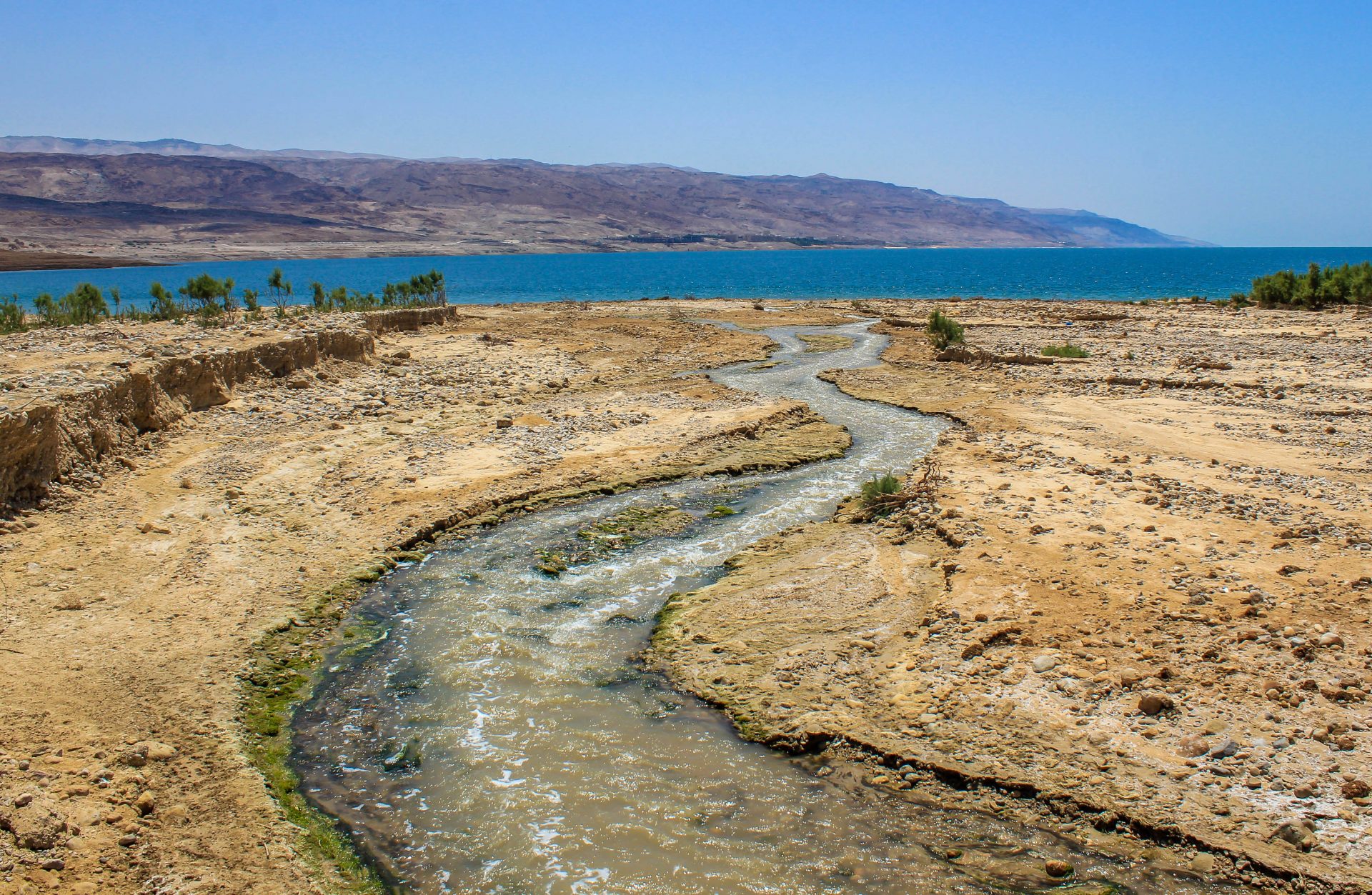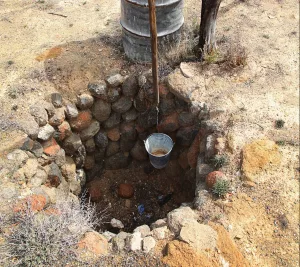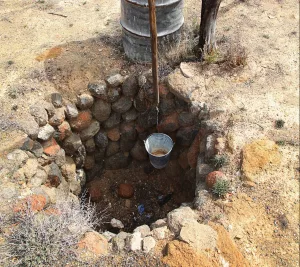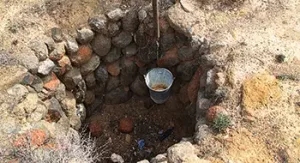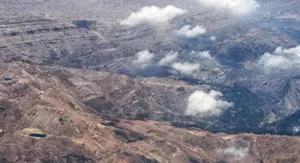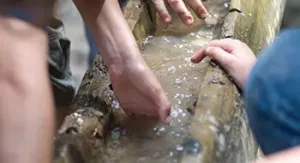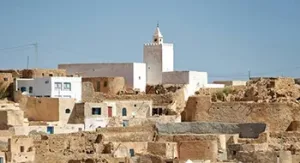heading
PROJECT: UNDP-SIWI WATER GOVERNANCE FACILITYWater Integrity Capacity Building Programme in MENA
This programme started in 2014 under the auspices of the Union for the Mediterranean a regional approach to improve water integrity. It targets high-level decision-makers, mid-level water managers, operators and civil society actors in five pilot countries namely, Lebanon, Palestine Jordan, Tunisia and Morocco.
GOALS
Develop capacities of the different water stakeholder groups at different governance levels in the MENA region thereby improving transparency and accountability practices in water resources management.
Achievements
- Increased dialogue and advocacy at the regional level on how to improve integrity, transparency, accountability, participation and anti-corruption in water governance.
- Increased understanding of the gender dynamics of corruption in the water sector.
- Raised awareness and fostered high-level political dialogue at national level on water good water governance, high-lighting the importance of integrity.
- Capacitated water officials at the national level with tools to identify and address corruption risks.
- Improved capacity among mid-level water managers to integrate water integrity within their organizations. Approximately 450 participants were trained on water integrity across the 5 countries. 103 Water Integrity Action Plans were developed and enforced with support of programme mentors.
- Improved capacity of local leaders and civil society actors to demand transparency, participation and accountability in the management of water resources and services.
Challenge
Water scarcity in the MENA region is not only a result of physical water shortage, but is also linked to lack of good governance structures, high water demand, and low levels of trust between different parties sharing the same water resource. Poor resource management, insufficient capacity, lack of institutional integrity, bureaucratic inertia and a shortage of new investments further undermines effective governance of water and lead to conflicts at the local, national and regional level. Although most of the countries in the region have already developed comprehensive and precise water laws and policies, many face significant challenges when implementing them.
Most of the region’s countries have already constructed significant water resource infrastructure, but the effectiveness of water governance and management has often lagged behind, particularly in relation to transparency, accountability, and participation.
Opportunity
Good governance of the water resources will increase the water use efficiency. In addition, better water management at the resource level is necessary in order to manage the effective and equitable allocation between existing uses and the growing needs of urban and industrial sectors. Hardware solutions to these challenges are not, by themselves, sufficient.
Strategy
The programme combines a series of trainings at different levels. By combining peer-to-peer learning and professional mentorship in a participatory learning environment, the programme has an explicit focus on behaviour change i.e. to be able to translate knowledge acquired through the trainings into actual pro-integrity changes on the ground. To achieve this, the project created a professional mentorship programme for approximately 100 alumni who receive individual ‘on the job’ support to initiate integrity activities in their respective home organisations or area of work.
The first step of the Programme was to conduct National Water Integrity Assessments, followed by a series of trainings at different levels, based on substantial experience gained by the programme partners and each adapted to the relevant capacity needs, specific objectives, and target group. The results have informed the adaptation of the training materials, a regional synthesis report, a series of regional and national policy briefs.
National Trainings in the each of the five programme countries targeted selected groups and trained approximately 370 participants, out of which 49 per cent were women. These were followed by four Regional Alumni Workshops, focused on women, civil society, operators and decision makers. They helped create a regional community of practice on water integrity and to foster water integrity ambassadors in the target countries. Two National Alumni Workshops were held in December 2016 which provided an opportunity for integrity practitioners to interact with the national decision-makers.
